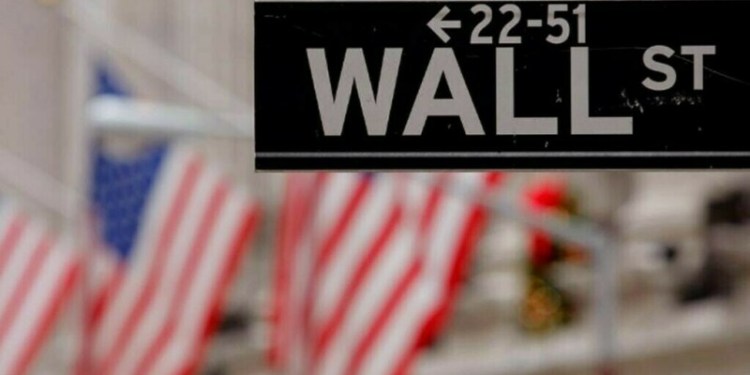By Guy Faulconbridge and Kate Holton
LONDON (Reuters) – Prime Minister Theresa May will try on Thursday to break the impasse in Britain’s political elite over how to leave the European Union by searching for an emergency exit deal, though there is so far little sign of compromise.
After May’s two-year attempt to forge an amicable divorce was crushed by parliament in the biggest defeat for a British leader in modern history, May called for party leaders to put self-interest aside to find a way forward.
If May fails to forge consensus, the world’s fifth largest economy will drop out of the European Union on March 29 without a deal or will be forced to halt Brexit, possibly holding a national election or even another referendum.
May has repeatedly refused to countenance another election and has warned that another referendum would be corrosive as it would undermine faith in democracy among the 17.4 million people who voted to leave the EU in the 2016 referendum.
“I believe it is my duty to deliver on the British people’s instruction to leave the European Union. And I intend to do so,” May said outside Downing Street in an attempt to address voters directly.
“I am inviting MPs from all parties to come together to find a way forward,” May said. “This is now the time to put self-interest aside.”
As the United Kingdom tumbles towards its biggest political and economic move since World War Two, other members of the European Union have offered to talk though they can do little until London decides what it wants out of Brexit.
Yet ever since the UK voted by 52-48 percent to leave the EU in June 2016, British politicians have failed to find agreement on how or even whether to leave the European Union.
BREXIT CRISIS
In a sign of just how hard May’s task may be, the main opposition leader, Labour’s Jeremy Corbyn, refused to hold talks unless a no-deal Brexit was ruled out.
“Before there can be any positive discussions about the way forward, the government must remove clearly, once and for all, the prospect of the catastrophe of a no-deal Brexit from the EU and all the chaos that would come as a result of that,” he said.
But the further May moves towards softening Brexit, the more she alienates dedicated Brexiteers in her own party who think the threat of a no-deal Brexit is a crucial bargaining chip.
Without a deal, trade with the EU would then default to basic World Trade Organization rules.
Company chiefs are aghast at the political crisis over Brexit and say it has already damaged Britain’s reputation as Europe’s preeminent destination for foreign investment.
From Channel Tunnel operator Eurotunnel to Scottish whisky distillers, firms have called for urgent and decisive government action and warned of the consequences of a no-deal Brexit.
“If anybody believes that you can just go ahead without some sort of an agreement here, I think that that is reckless,” said John Bason, finance chief of Associated British Foods (L:), the food and retail group which has sales of over $20 billion.
“The UK’s food supply generally is dependent on the free flowing border,” Bason said.
Labour wants a permanent customs union with the EU, a close relationship with its single market and greater protections for workers and consumers.
But the chairman of May’s Conservative party, Brandon Lewis, said on Thursday that Britain should not stay in the current customs union because striking international trade deals after Brexit is a priority.
He said senior ministers would meet colleagues from across the House of Commons, Britain’s lower house of parliament, on Thursday.
The Times newspaper said both remaining in a full customs union with the EU and delaying Brexit through an extension of Article 50 would be discussed at meetings between the government and lawmakers.
Former British prime minister Tony Blair said on Thursday a delay to Brexit was now inevitable, adding that leaving the EU without a deal would inflict profound economic damage on the UK.
Source: Investing.com


























